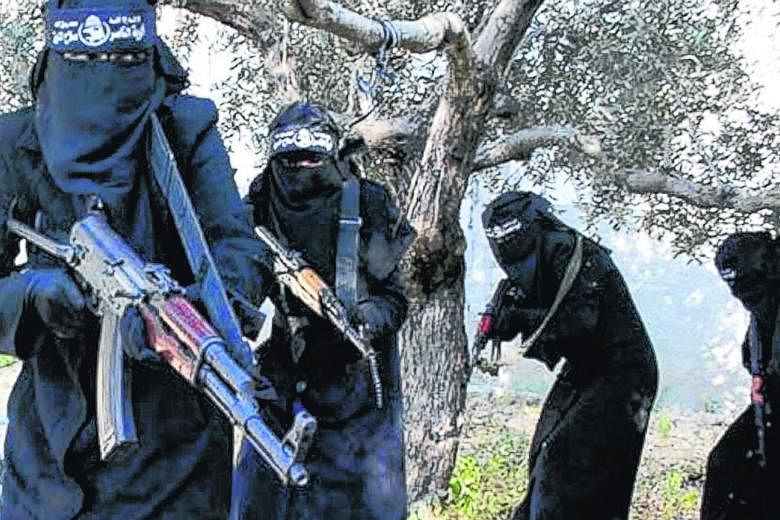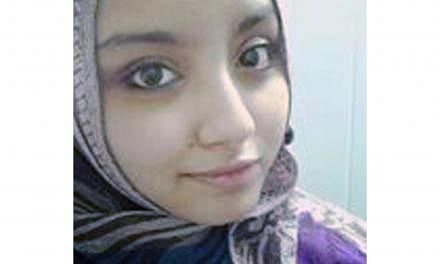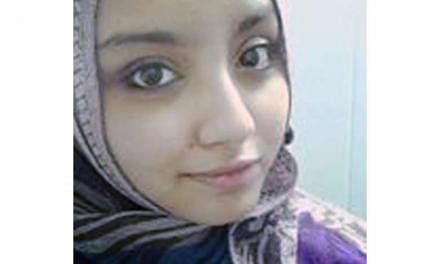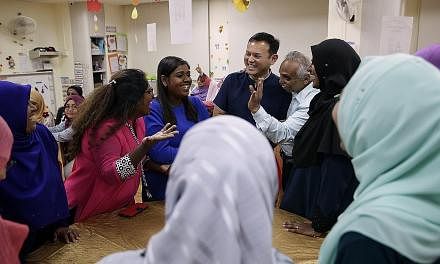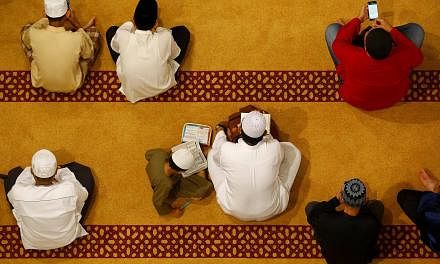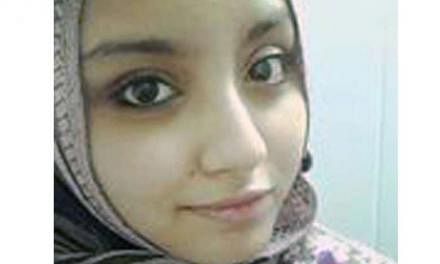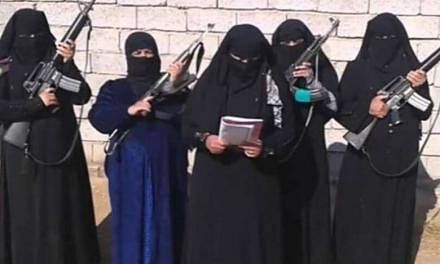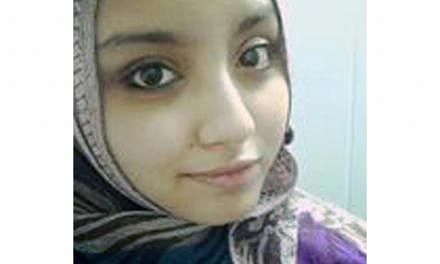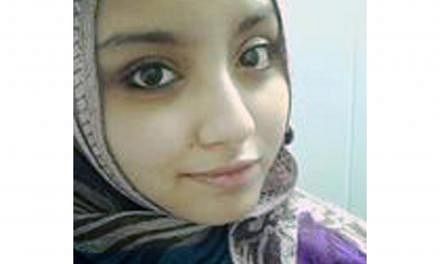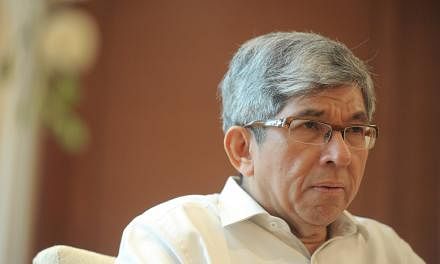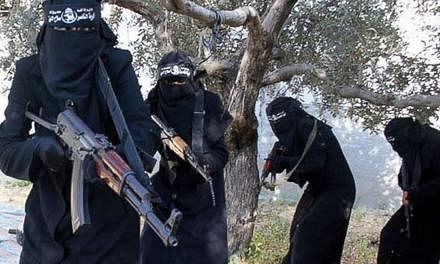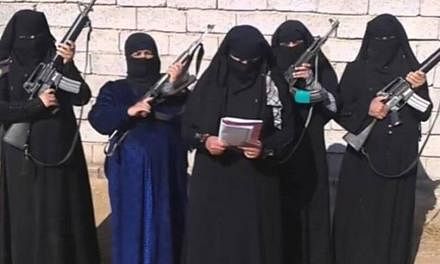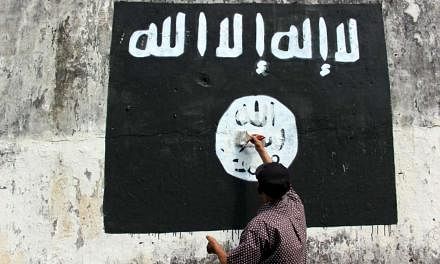Extremist Muslim groups have in recent years increasingly tried to recruit women by tapping into a wide range of motivations: promise of romance or adventure, family or peer pressure, and what many say is a warped view of religious duty.
They use social media, slick packaging and "influencers" to entice women. Yet those who join are largely expected to play the traditional roles of wives and mothers.
Syaikhah Izzah Zahrah Al Ansari, the 22-year-old childcare worker who was detained this month by the Singapore authorities, exemplifies the type of women vulnerable to the draw of extremist groups such as the Islamic State in Iraq and Syria (ISIS).
According to the Ministry of Home Affairs (MHA), Izzah was attracted by online propaganda and "supported ISIS' use of violence to establish and defend its self-declared 'caliphate'". She also wanted to marry an ISIS supporter and settle down with him and her child in Syria, and to be a "martyr's widow".
Another radicalised Singaporean woman, 35-year-old Dian Faezah Ismail, was placed under a Restriction Order last year. She had helped her husband, waste truck driver Mohamed Omar Mahadi, plan their relocation to Syria, with two children in tow.
In 2014, a female Singaporean, whose identity remains unknown, was said to have joined ISIS in Syria alongside her children.
In Malaysia, several women are known to have joined ISIS to become militants' brides. In one case, a 27-year-old student from Limkokwing University in Selangor married an ISIS fighter via Skype.
More than 1,000 South-east Asian ISIS fighters are believed to be in Iraq and Syria, but how many of them are women is not known.
By dangling the prospect of romance or by radicalising married men, "ISIS has been able to recruit an array of women", Dr Jolene Jerard, a research fellow at the S. Rajaratnam School of International Studies, said at a forum on terrorism last month.
That sense of romance is made all the more irresistible for impressionable women by being glorified with martyrdom.
ISIS' online propaganda magazine, Dabiq, has urged "every (foreign) sister who has been afflicted with the loss of her husband on the battlefield" not to become disheartened as she would ultimately be rewarded.
"Be firm, my dear sister, be patient and await your reward," it said.
Indeed, Izzah, the Singaporean detainee, believed she would reap "heavenly rewards" if her would-be husband died in battle for ISIS, said the MHA. She thought she would easily be able to marry another ISIS fighter with her "elevated status" as a "martyr's widow".
Among Western countries, 550 women had left their homelands to join ISIS, according to a 2015 report titled Till Martyrdom Do Us Part by the Institute for Strategic Dialogue and the International Centre for the Study of Radicalisation at King's College London.
Like Western men who have joined ISIS, the women felt socially and culturally isolated, and believed Muslims were being persecuted, the study said.
Those targeted were also increasingly younger, middle-class and well educated.
Whatever their motivation, female recruits have to obey rules governing their gender laid down by the ultra-fundamentalist ISIS. Girls may marry as young as nine, while women should be veiled, stay at home and consider motherhood the purpose of their existence.
While many of the recruits have regretted leaving their homes for a life of subjugation and danger, some of them have become ISIS' propaganda and recruitment tools, the British study said.
Aqsa Mahmood, a Scottish woman who reportedly travelled to Syria in 2014 to marry an ISIS fighter, was one such "influencer" through her English-language blog called "Diary of a Muhajirah" (Diary of a Traveller).
Well-known examples of Western recruits include three schoolgirls who travelled together to Syria from Britain in February 2015.
One of them, Kadiza Sultana, was killed in an air strike in Raqqa last year. She was 17, said reports, and desperate to return home.
